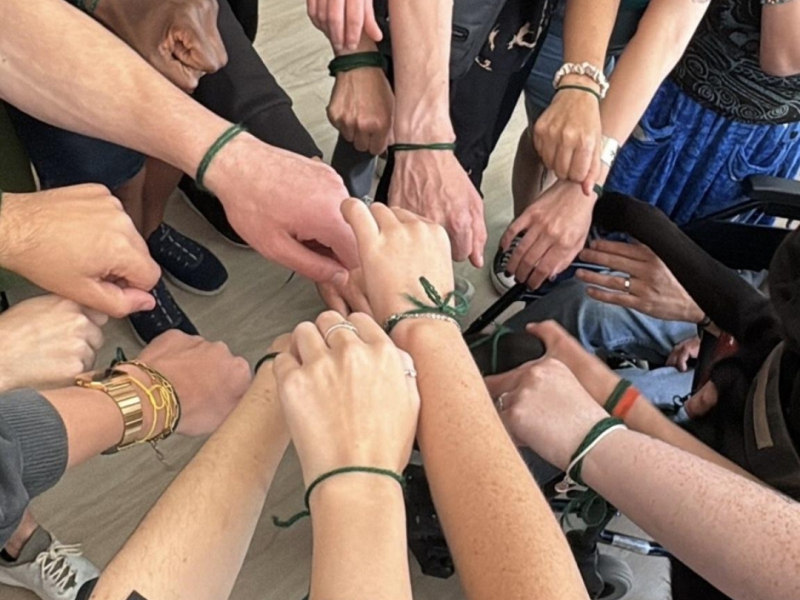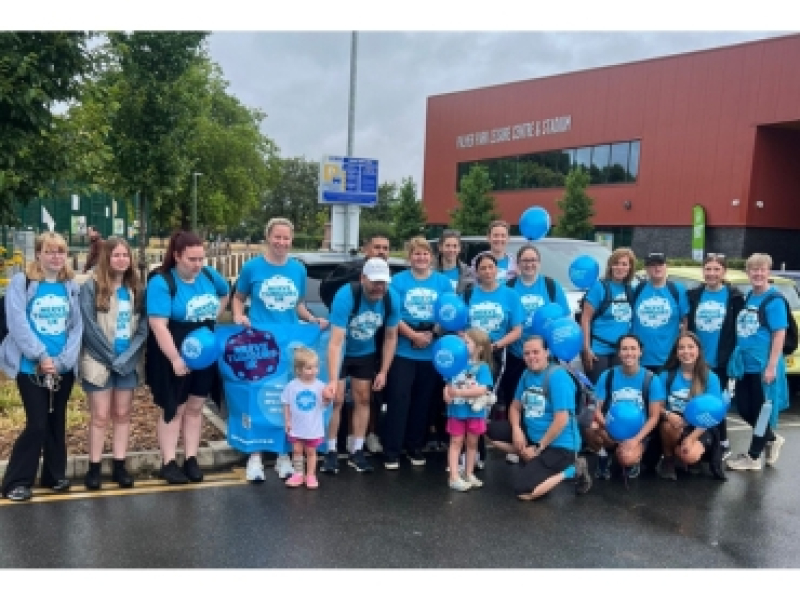Jane Frances
19 November 2019
Jane Frances
Jane Frances is a psychotherapist and was for many years Schools Specialist and Policy Advisor in Education at Changing Faces, UK. She is an expert in the psychology of visible difference.
She tells us of how findings from psychological research can help parents and teachers of children with Neurofibromatosis to better support them.
“I have worked with a lot of children with many conditions including NF, and I’ve found that the responses by other people to visible difference is pretty standard across conditions. The advice I give is based on research. ‘Common sense’, however well-intentioned, can lead to counterproductive interventions.
For example, if a child is staring at a child with a visible difference, the ‘natural’ reaction of the teacher is to say, ‘you mustn’t stare’. The result is that children learn to turn away, and the child with the difference feels even more isolated.
A better response is for the teacher to tell the staring child, ‘if you find yourself staring, smile and say ‘Hello, my name is Jane. What’s your name?’’
It is even more important that parents or the teacher coach the child who has NF to handle other children’s curiosity. The best strategy is for the child with NF to have something to say, like: ‘Don’t mind my lumps and bumps. I’ve got NF. Have you got something interesting about you?’ It is always good to round off with a question and engage – curiosity is the beginning of a relationship.
If the child is shy and nervous, the teacher might need to say, ‘Oh you’ve noticed Timothy’s unusual face. Well that’s the way Timothy’s face is, and did you know Timothy has a pet cat?’
We know from countless studies that it is harder for a child who looks unusual to make and keep friends. This is caused not by an aversion to the unusual face, but by an aversion to the stigma. The key, therefore, is to reduce or eliminate the stigma. The conversational strategies above will help. A curious stare is a door to a conversation and possible relationship.
Teachers’ expectations are also key: they need to hold in their heart really positive hopes for this child’s future. Many studies confirm the ‘Pygmalion Effect’: that lower expectations lead to lower results. Teachers aren’t doing children a favour by going easy on them. The child needs tough, high expectations.
These are just a few tips. You can get more information and resources for tackling issues of face equality and the impact of appearance at changingfaces.org.uk.”
– Jane Frances"The best strategy is for the child with NF to have something to say, like: ‘Don’t mind my lumps and bumps. I’ve got NF. Have you got something interesting about you? "
Filter News

NF Academy 2025: Georgia’s Blog
NTUK ambassador Georgia Baum shares her transformative experience of attending the NF Academy 2025 in Barcelona
Read More_800_600_s_c1.png)
University of Manchester Research: Update
An update on the NTUK-backed research done by two PhD students at the University of Manchester.
Read More
Craig’s story
Craig describes his mosaic NF2 related hearing loss, and how a cochlear implant & hearing aids have changed his life
Read More_6_800_600_s_c1.png)
George’s Schwannoma Story
George shares his experience of being diagnosed with a schwannoma and why he's lacing up for NF awareness.
Read More
Naomi’s Research: An Anthropological Study of NF1
Anthropologist Naomi shares her research into the different experiences of people with NF1.
Read More_6_800_600_s_c1.png)
JoJo’s NF1 Story
JoJo shares how her NF1 journey has affected her; how her pain and loss have become foundations of courage and resilience.
Read More
Tristan’s Story: Hope & Resilience
Discover Tristan's NF1 story: Finding home, hope & the power of sport.
Read More
10 mile walk for Lily
Read more about the 10 mile sponsored walk for Lily, organised by Claire, with her nursery team, family & friends taking part
Read More

_800_600_s_c1.png)
